In the second half of 2024, TETHYS and Pizzoli SpA. have entered into a collaboration to evaluate the compliance of the TETHYS system applied to the cultivation of potatoes for industrial use, without the adoption of sensors in the field and using only a small set of initial information. This approach makes collection much easier and data analysis, reducing the technicians' workload and allowing a efficient monitoring even for the most remote and difficult to access crops.
The main objective of the project it was therefore evaluate the possible use of TETHYS in the production of industrial potatoes, through the analysis of the degree of accuracy of crop yield forecasts and the estimate of the water saving potential connected to better irrigation management.
An intelligent system to monitor crop growth conditions and predict yields
One of the main applications of the system is the ability to monitor crop growth and do yield forecasts thanks to GROW. For this, the system uses satellite images, meteorological data and simulation models to Calculate biomass growth in real time, day after day. During the project, the calculations carried out on the yields of the 2024 agricultural season were compared with the real data collected in the field by Pizzoli technicians, who carried out reliefs on 9 plots cultivated with 5 different varieties of industrial potatoes.
The comparison between the system data and those collected in the field showed very encouraging results. Yield estimates have shown a good correspondence with the real values detected in the field, with an overall deviation lower than 10% and an excellent level of correlation between the TETHYS estimates and the values detected in almost all the plots analysed. The data obtained from the system they have therefore proven to be adequately precise even in the absence of dedicated sensors in the field.
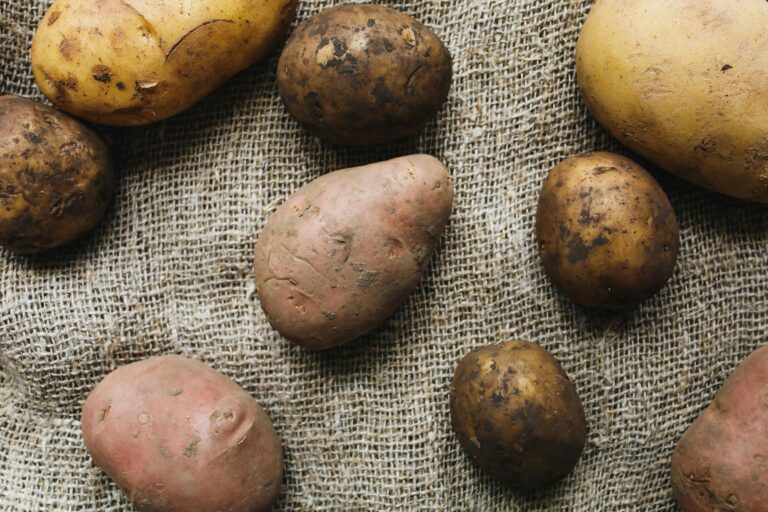
Water resource optimization: potential savings of over 10%
Another central element of the pilot project was the monitoring of crop water requirements with a view to optimising irrigation practices, an aspect of fundamental importance in a period of low availability and increasing climate uncertainty. WATER has allowed for calculate and monitor over time the irrigation needs of potato plants in 4 pilot plots, through the drafting of a daily water balance for the entire 2024 growing season.
Comparing the “optimal irrigation” data obtained from the system with the irrigation practices actually adopted during the season, it emerged that the use of TETHYS could have guaranteed Pizzoli a water savings higher than 10%, even in a production context that is already very advanced from the point of view of efficient input management. This apparently limited saving can translate into a significant advantage, both in economic and environmental terms, when applied on a larger scale. AQUA technology has therefore suggested even more precise irrigation strategies, aimed at reducing water consumption without compromising crop quality.
A positive impact on agricultural practices and sustainability
The pilot project with Pizzoli demonstrates how the integration of intelligent technologies can lead to a significant impact on agricultural practices, Also in production contexts already oriented towards innovation and efficiency.
The adoption of solutions such as TETHYS, which integrate satellite data and advanced simulation models, is set to become increasingly relevant in a sector that faces global challenges such as climate change and the growing demand for food. The innovation, so, no And just a competitive advantage, but a necessity to responsibly face the challenges of the future.




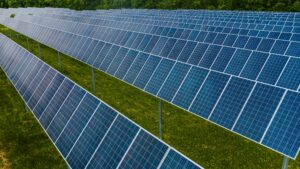
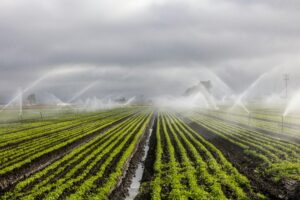
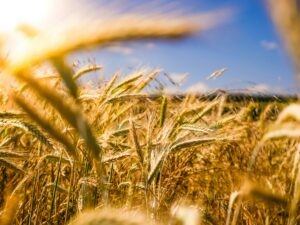
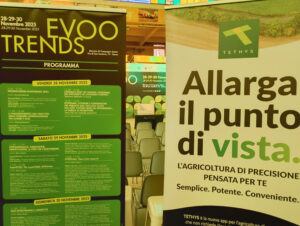


Add comment
You must be logged in to post a comment.